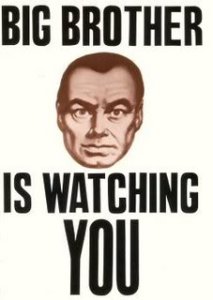Let’s take a quick break from the weekly look into so many enjoyable book plots and think, instead, of what exactly we picture as readers when we dive into the rich pools of plot. If you asked a million people, they would all be different. Would any of them be wrong? Of course not! That’s the wonderful skill that all readers hold; they all have the ability to picture a scene so unique from anyone else’s, and maybe just in detail, but it’s still their own. So one can understand the crime that movie adaptations commit when they decide to take matters into their own hands and create a cemented image that forces all readers that become watchers to reference when they choose to read that book in the future. No more detailed and specific blueprint of the book’s map; instead, only the bland setting to a B-movie.
It’s not only that dystopian (or any, but I’m trying to stay within my bounds) book-to-movie adaptations change the setting and let the rest go, they do so much more than that. They create lifeless and see-through holograms of the ideas you once had and practically steal the rights to your creative use of a novel’s imagery for the rest of your life because it will be all you can think of each time you read the book from that point on.
Even further than this, some of these movies rely on cheap star power in instances such as the movie adaptation in The Giver in which the generic rebranding of the movie’s plot on the silver screen relied on the appearance of Taylor Swift being a star for all of only a few minutes in order to reel in potential seats in a movie theater. It’s a shameless ploy that attempts to make readers like you and I out to be idiots interested in shelling out a few bucks to sit through something destroys something that we once loved.
Band together with me to escape the capitalist sellouts who choose to spend their careers ripping apart the plots of our favorite stories and together we can at least make box office sales a few dollars less.




